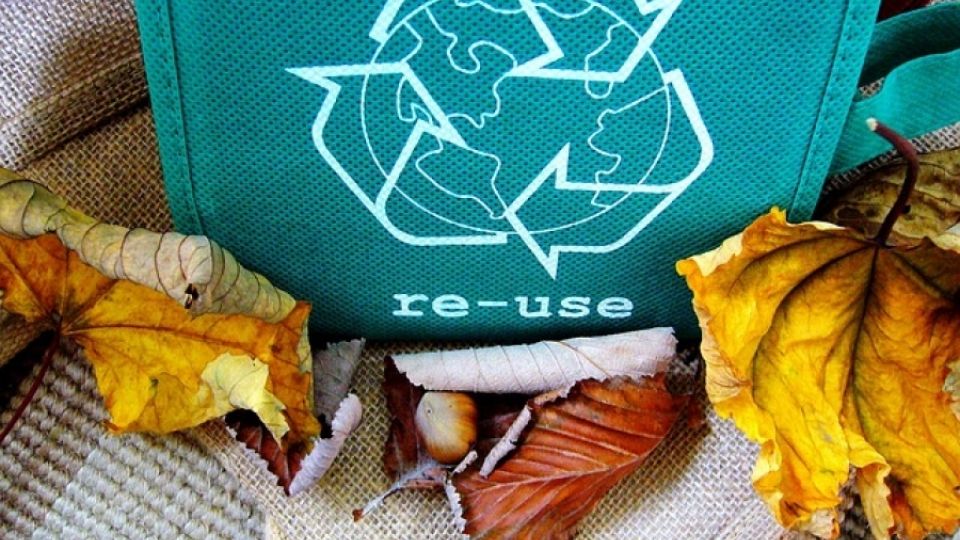By 2030, all plastic packaging should be recyclable. The European Commission adopted a package of measures that will lead to the transition to the circulating economy. The legislation wants to change the way plastic products are designed, manufactured, used and recycled. Europe responds primarily to the handling of plastics, which often end in the wilderness, seas and oceans, and burden the environment heavily.
A set of laws and measures are addressed at every stage of the production cycle, from production, consumption, waste management to the production of secondary raw materials. European policy and package promise a higher rate of recycling and re-use of materials that will have a positive impact not only on the environment. Measures will help to create new jobs, promote competitiveness at global level and lead to sustainable economic growth.
What exactly does the European Union want to achieve?
Key suggestions include:
- the rate of municipal waste recycling reaches 65% by 2030,
- the rate of packaging materials recycling reaches 75% by 2030,
- 10% reduction of waste landfills in general by 2035,
- a strict ban on landfill of recyclable waste,
- promoting economic tools to prevent landfilling,
- simplification and improvement of EU-wide recycling rate calculation methods,
- measures to promote industrial symbiosis - the transformation of one industry's waste into another industry's working material,
- investment incentives for manufacturers to promote organic products and promote recycling programs.







